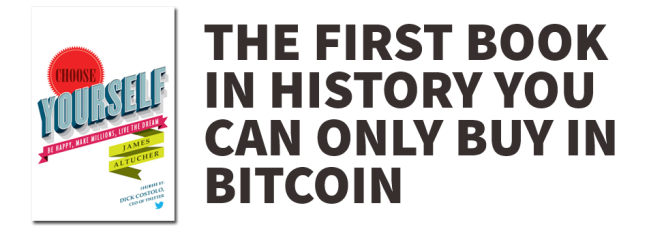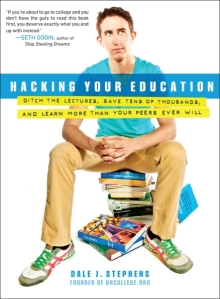BOOK REVIEW
Living energetically and working on a second and third career are within our reach, working and supporting ourselves into a late middle age — 80-100 — is nearly within our grasp, but we are not quite there yet. Medicine has a ways to go, especially medicine for the currently aged. Sometime in the next ten to twenty years this may change.
But, before it does, disparaging social security for those who will need to depend on it in the next few years by the well-heeled, who will not need it, is a bit cold, and a bit too fashionable.
In his book Ageless Generation, author, Alex Zhavoronkov explores the current social thought about social security, and its negatives, and the economics of biomedicine and how it impacts longevity and worker productivity. It’s sometimes controversial, sometimes relevant.
The Ageless Generation is a book about the business of biomedicine, not a book about the biomedicine of aging. Ageless is not so much about the latest advances in biomedicine, as it is about behavioral economics. The title seems to infer that managing to live a longer life through future biomedical advances is it’s main topic — instead, Zhavoronkov writes too often about money, and the cost senior citizens put upon society in general.
Zhavoronkov uses pejorative phrases like senior welfare, old age welfare, senior welfare programs, state welfare, when referring to programs for the retired. Citizens pay into social security – it’s incorrect to refer to social security as welfare. And to put it all in perspective, after the Federal Reserve misplaced nine trillion dollars, social security could have been replenished with a few trillion dollars that has disappeared.
Zhavoronkov’s book is more like a slant view of our social history written by someone who echoes his personal bias rather than actual history. Nevertheless, renowned theoreticians in the field of longevity wrote blurbs for The Ageless Generation; so he does have professional gravitas.
Zhavoronkov writes about compliance or conformity to a health regimen, overseen by an employer. He talks about getting “compliance” from the middle aged worker. Compliance is similar to the happy theory of government just now, or the “nudge” tactic, which is behavioral economics, that for instance, nudges the middle aged worker to do the right thing, the thing which is economical in the long run for a company or government, and as a side affect may be good for the worker.
Zhavoronkov seemed to be saying that doctors, pharmaceutical companies, and the corporations have nearly all the answers to our upcoming aging problems, and everything will be okay if workers just do as they say — perhaps go along or lose their jobs or their promotion? The worker of the future may need to ask do I trust my health in the hands of my employer, which might be Walmart or Verizon or any corporation for that matter?
Do these ideas empower the aging or aged person – empower them because it’s a human impulse, a good thing to do, is it an idea that will increase their happiness, health and well being. Or is the customer of the health policy a distant vision, removed from the picture where only the economics become important.
Most of what we believe about aging and health will be turned over within a very few years, much of what researchers think now most likely will not be true even in five years if indeed Moore’s law works for longevity medicine. So, what if compliance amounts to bad health advice or advice that cannot realistically be achieved?
What if the all-knowing experts are wrong? Someone will always know what is best for you; if you will just let them, they will make better decisions than you or so they believe. Problem is, you, the aging person is the one who has to live with those health decisions that look a lot like they are cookie-cutter shaped, meant for the masses not customized for an individual and their personal DNA structure. What if the experts are wrong?
Zhavoronkov seems to be saying that he, the expert, has seen the future and knows what is best. He seems to make these financial and health decisions about seniors from his apartments in Moscow and Los Angeles, which sounds like a lofty financial position to make decisions that affect the mass of less wealthy seniors.
Zhavoronkov did discuss the proton therapy machine, an interesting treatment for cancer. The proton machine is not widely available. Apparently, it’s very effective. It “treats cancer with a thin beam of protons with an accuracy of less than 1 mm, or the width of a pencil lead,” which might be a mind saving treatment for someone with an inoperable brain tumor or breast cancer.
The proton machine requires a cyclotron the size of a football field. “As a result, there are only 13 such machines in the United States, so there is a long waiting list for patients to utilize proton beam therapy.” A website for the National Assoc. for Proton Therapy says, “The patient feels nothing during treatment. The minimized normal-tissue injury results in the potential for fewer effects following treatment, such as nausea, vomiting, or diarrhea.”A lot was lost in translation. The proton therapy information was buried in paragraphs of political thought.








